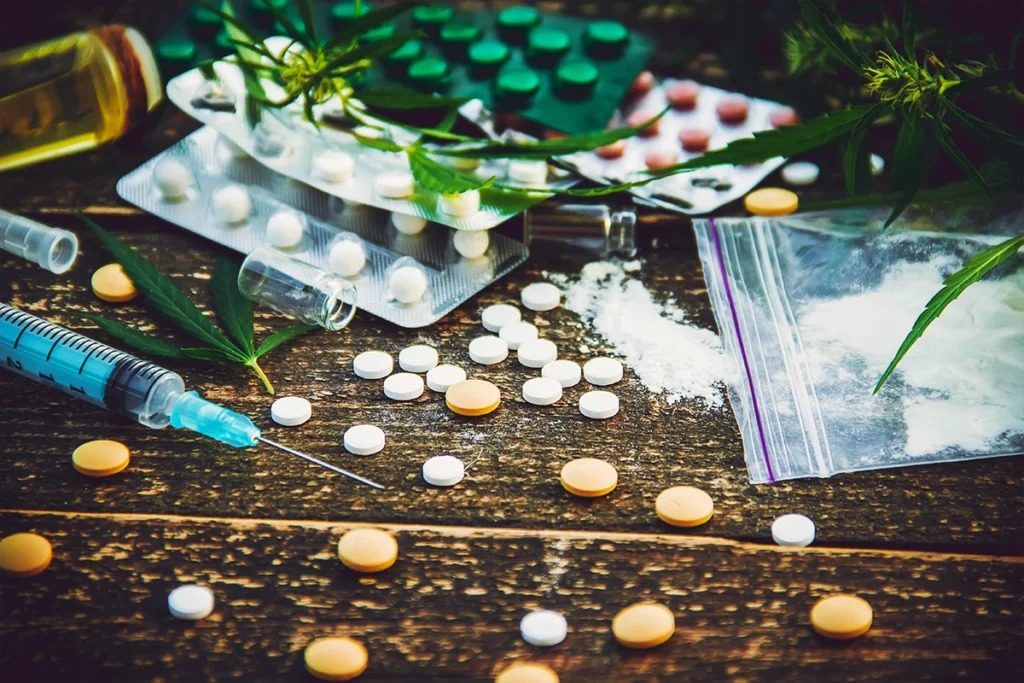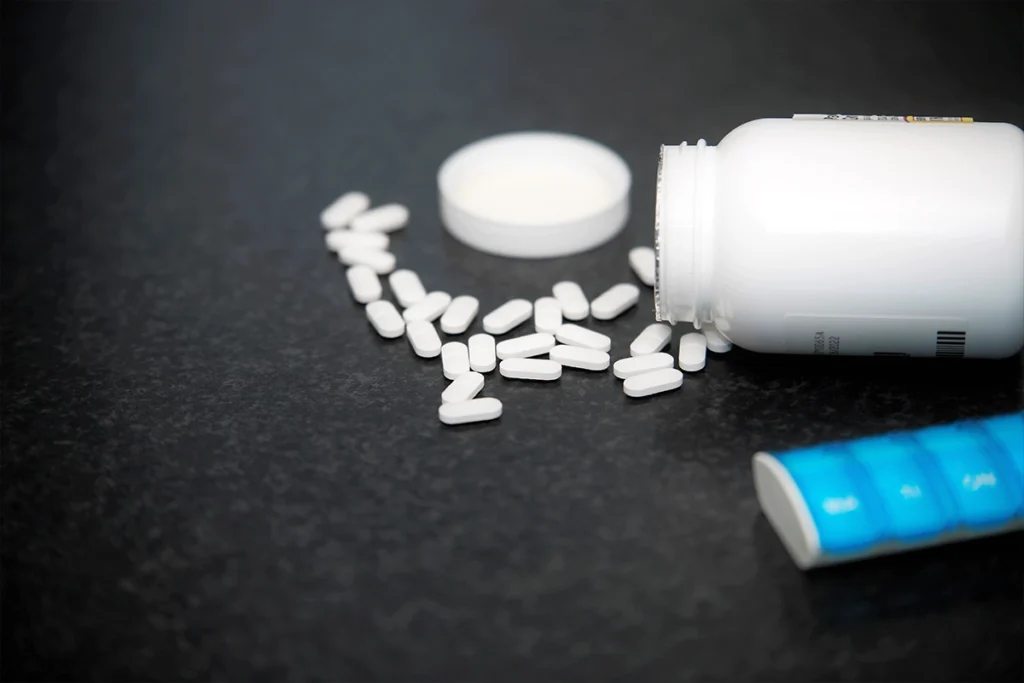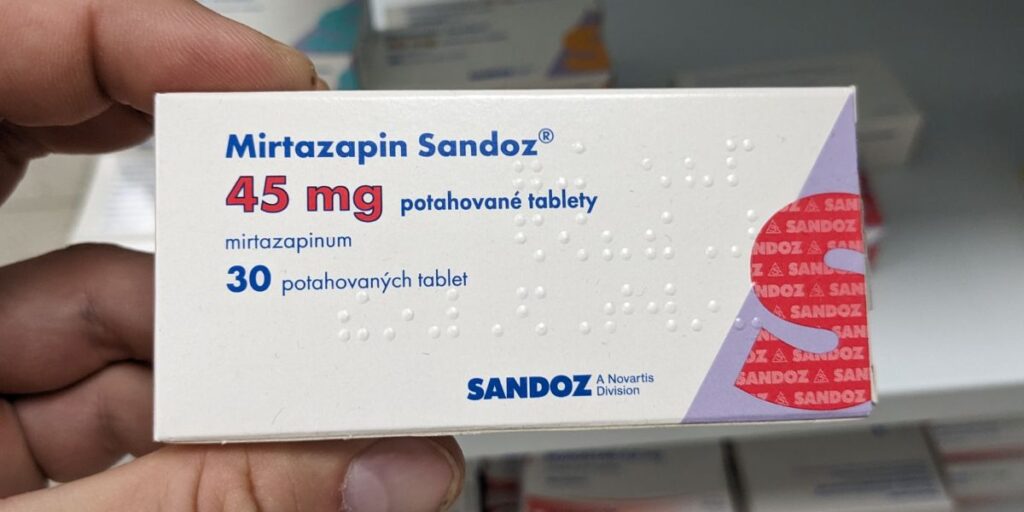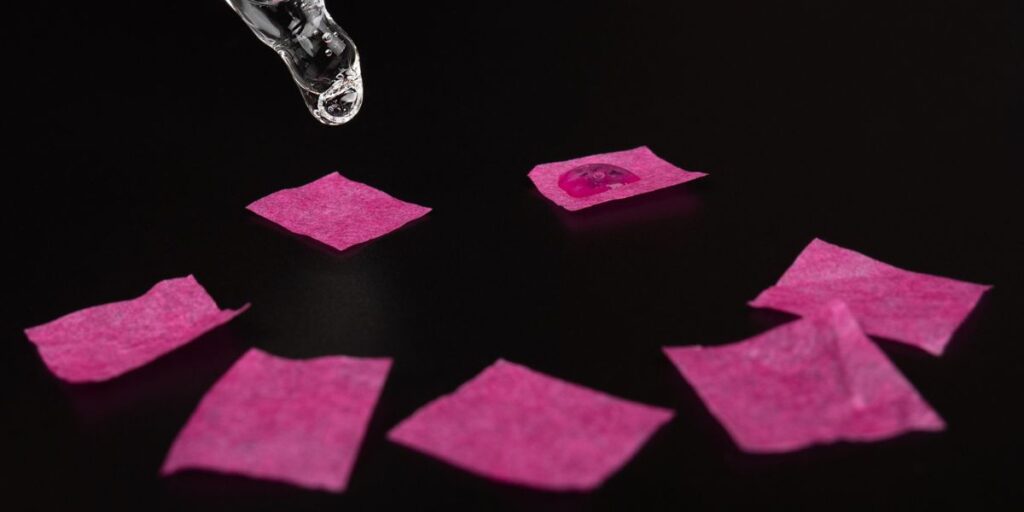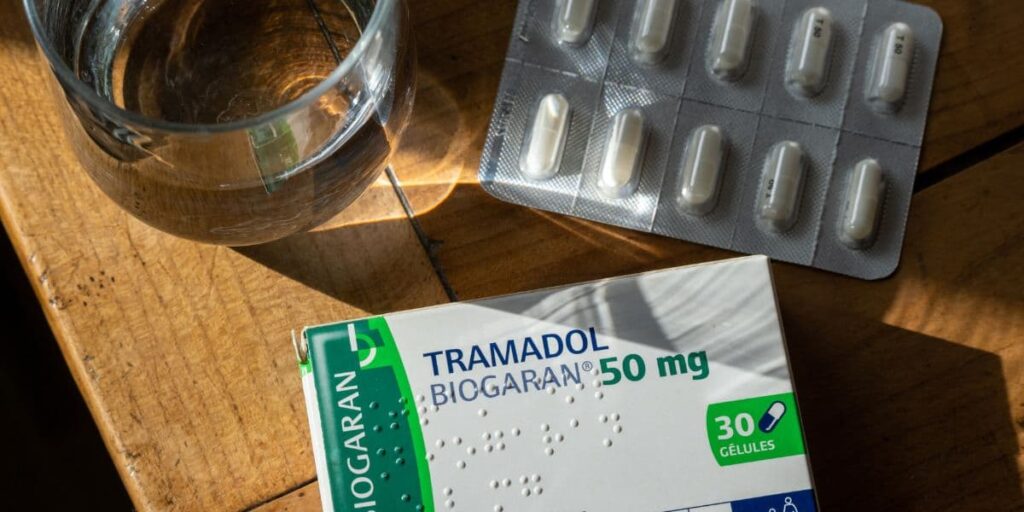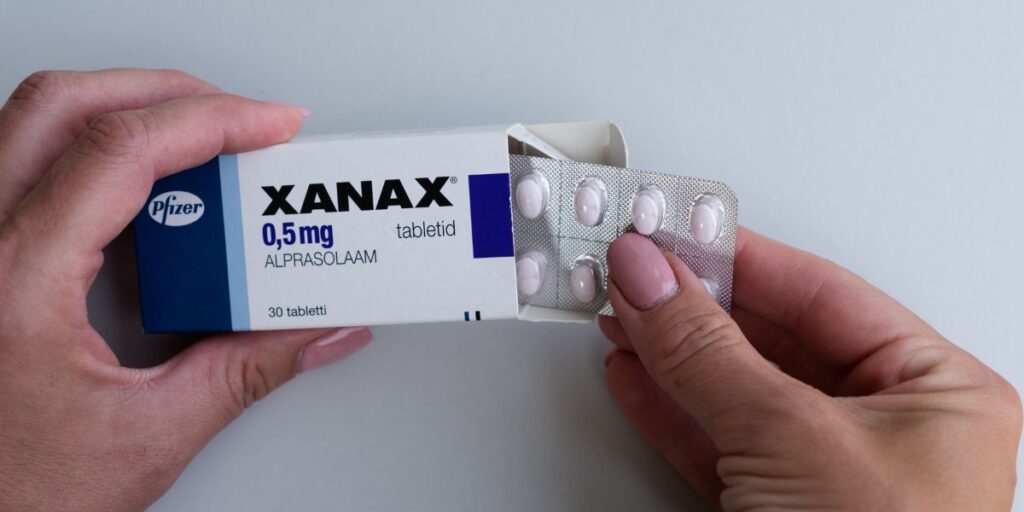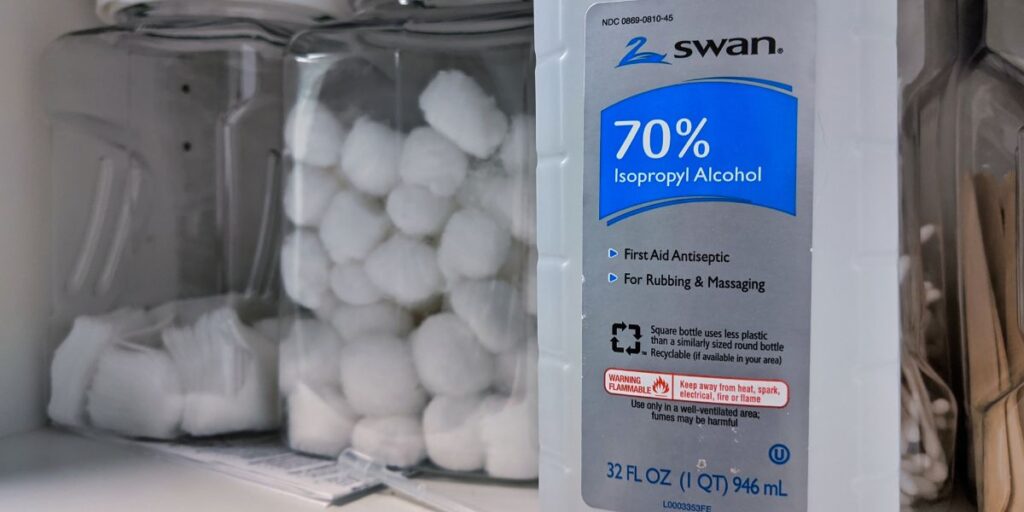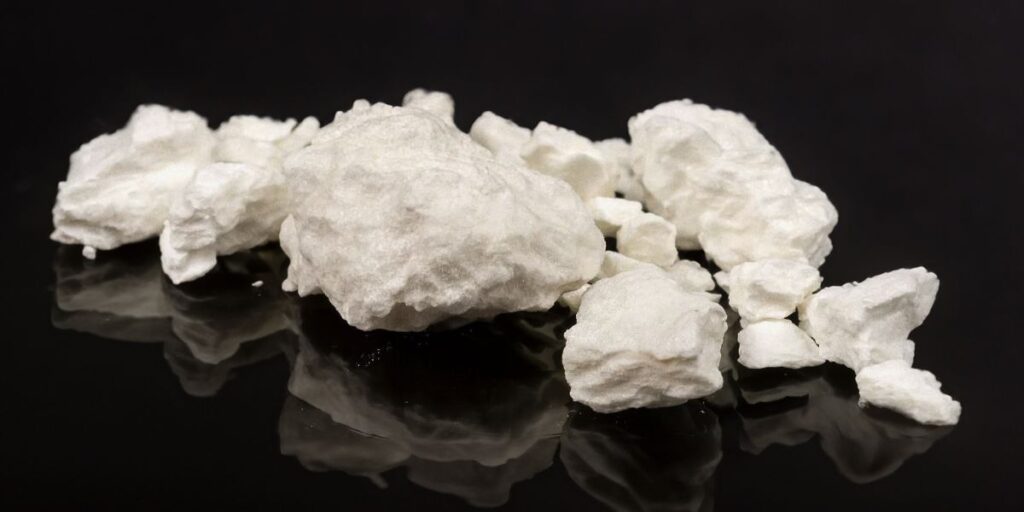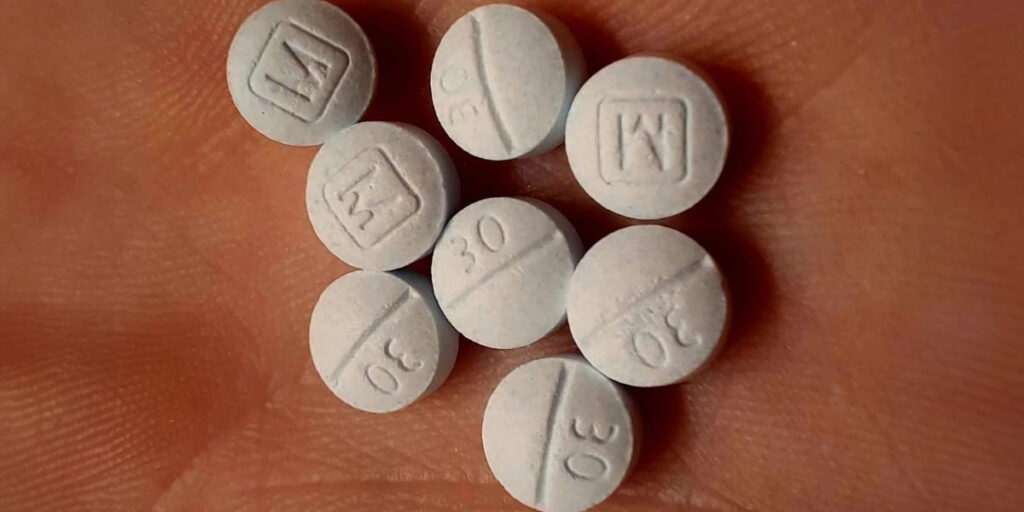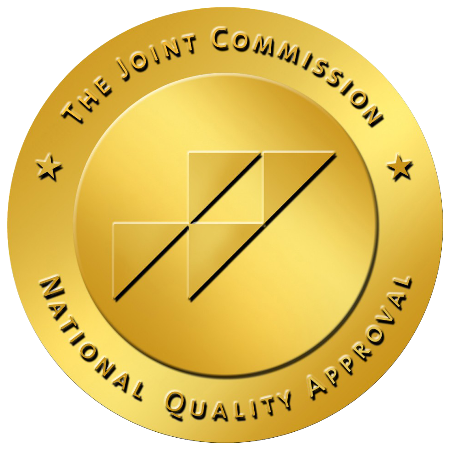In the United States, PCP is classified as a Schedule II illegal substance. Regular use of this substance can lead to addiction. Additionally, it can have severe psychological and physical effects.
What Is PCP?
Phencyclidine, known as PCP, is an illegal, mind-altering, hallucinogenic drug. Users say they feel detached, creating unpredictable effects.
Initially, researchers tested the potential of PCP as a pain reliever used in clinical settings. However, the drug was later found to be addictive and not provide beneficial health benefits and is detrimental.
PCP, being an illegal drug for more than 50 years, has acquired various street names, including:
- Angel dust
- Rocket fuel
- Embalming fluid
- Animal tranquilizer
- Elephant tranquilizer
- Ozone
- Magic dust
- Tranq
- Peace pill
The Department of Justice (DOJ) reports that people often mix PCP with marijuana or leafy materials such as mint, parsley, or oregano. This is done to mask the distinctive, bitter chemical taste of PCP when smoked.
What Does PCP Look Like?
PCP typically appears as a loose white crystalline powder resembling white or off-white crystals. Sometimes, dealers may alter the powder’s color by dyeing it or shaping it into tablets or capsules, resulting in colored powders. When it is in liquid form, it is usually clear or may possess a faint yellowish hue.
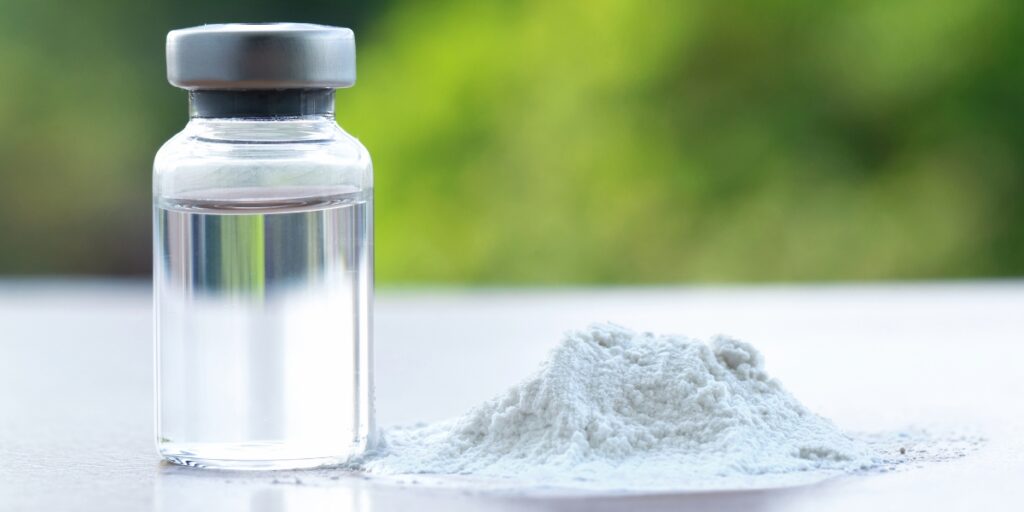
PCP Effects
PCP affects the central nervous system and interacts with various chemicals in the brain, leading to dangerous physical and mental effects. It is essential to stress that it is never safe to use. Even for first-time users, serious consequences can occur.
The side effects of PCP may include:
- Hallucinations
- Slurred speech
- Paranoia
- Dizziness
- Weight loss
- Jerky eye movements
- Rigid or unnatural body movements
- Increased heart rate
- Drastic changes in body temperature
- Sweating
- Increased blood pressure
- Nausea and vomiting
- Coughing and wheezing
- Change in body awareness, like a perception of super strength
- Aggressive behavior
It’s crucial to seek immediate medical attention, such as an emergency room at a hospital, if someone is experiencing any of these effects after using the drug.
Individuals with co-occurring mental health disorders may misuse drugs like PCP to self-medicate. However, this drug is extremely potent and addictive. PCP’s effects are highly unpredictable, worsening symptoms and resulting in long-term psychological damage. Prolonged use takes a significant toll on the body.
Long-term effects of PCP use include:
- Memory loss
- Problems thinking clearly
- Trouble speaking, such as slurring words or stuttering
- Loss of coordination
- Tooth decay
- Depression and anxiety
- Protracted withdrawal
- Psychosis
- Suicidal thoughts and attempts
- Kidney failure
- Heart issues
- Organ damage
- Seizures, coma

Withdrawal Symptoms
According to the National Institutes of Health (NIH), PCP withdrawal symptoms can begin within a few hours after the last dose and tends to last longer than other hallucinogenic substances.
Common PCP withdrawal symptoms include:
- Drug cravings
- Appetite changes
- Fatigue
- Muscle soreness and stiffness
- Twitching
- Headaches
- Anxiety
- Depression
- Insomnia
- Paranoia
- Feelings of confusion and aggravation
- Diarrhea
- Delayed reflexes
- Seizures
PCP withdrawal can bring about intense and potentially dangerous physical effects, even with moderate doses of PCP. The psychological effects can also be equally hazardous without proper attention and support.
It is crucial to seek medical advice before attempting to quit using PCP. Most healthcare professionals recommend a supervised medical detox, as it is the safest way to navigate withdrawal. Medical professionals can help alleviate physical and mental distress until the individual is well enough to proceed with treatment.
Detox alone is not enough to treat PCP addiction. It is important to enter evidence-based treatment programs covering all addiction aspects.
PCP Addiction Treatment at Northridge Addiction Treatment Center
Northridge Addiction Treatment Center is here to help if you or someone you care about is struggling with substance use disorders and psychological dependence cravings.
At NATC, we are committed to your well-being and lasting recovery. Our experienced addiction specialists will closely collaborate with you to develop a customized treatment plan that addresses your unique needs and goals.
Contact us today to take the first step towards a new life rooted in recovery. Our treatment specialists are eager to help.


